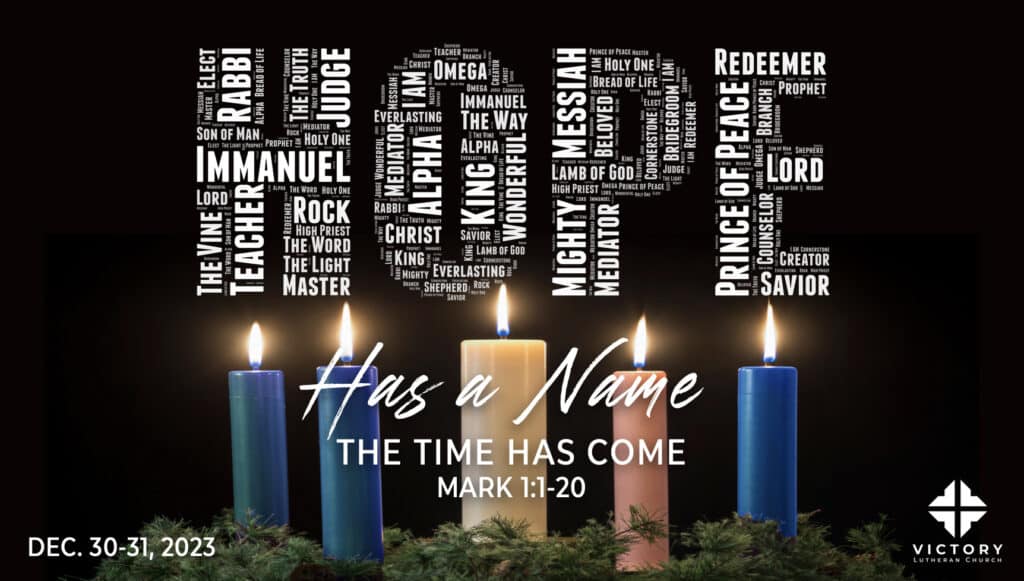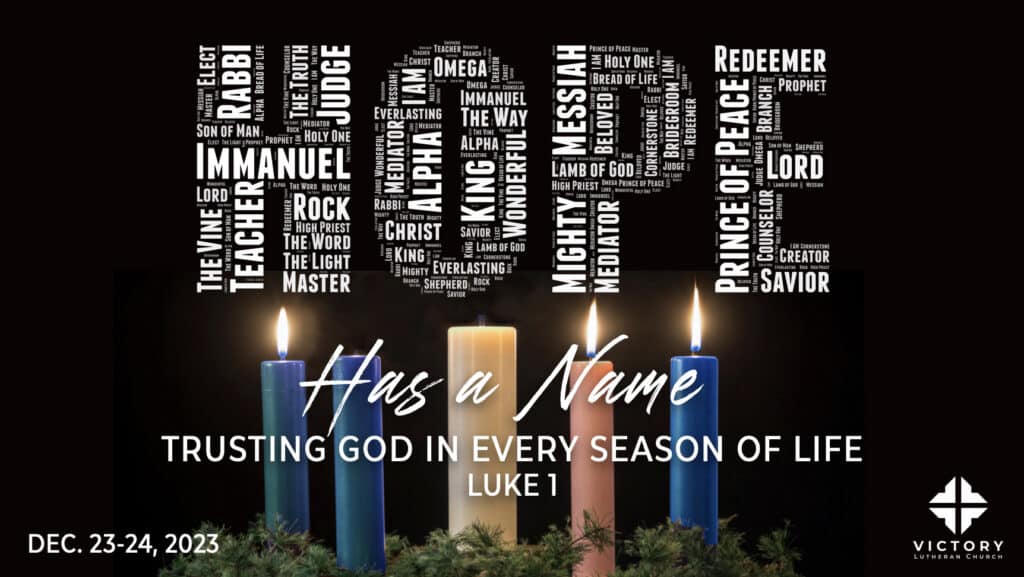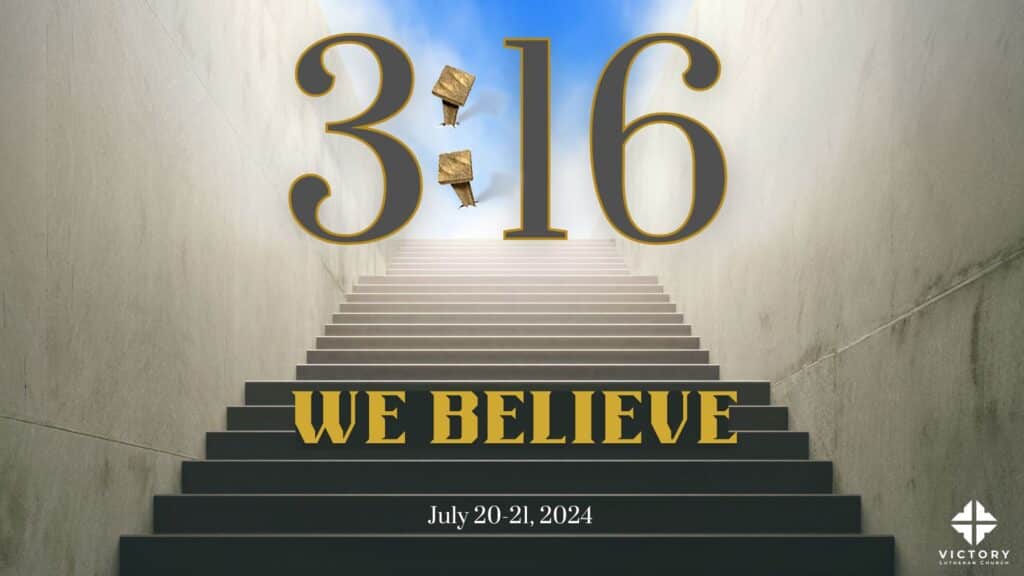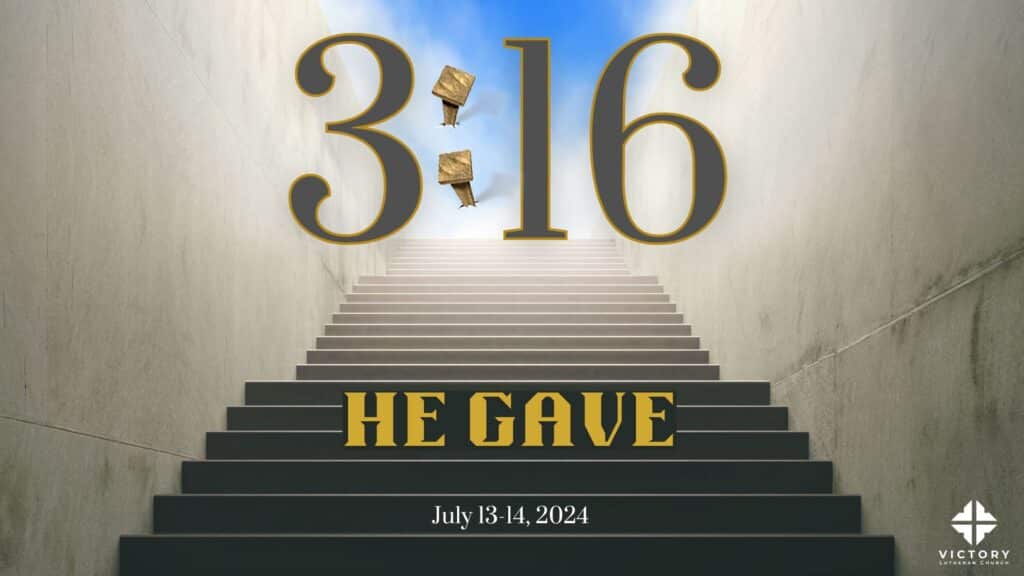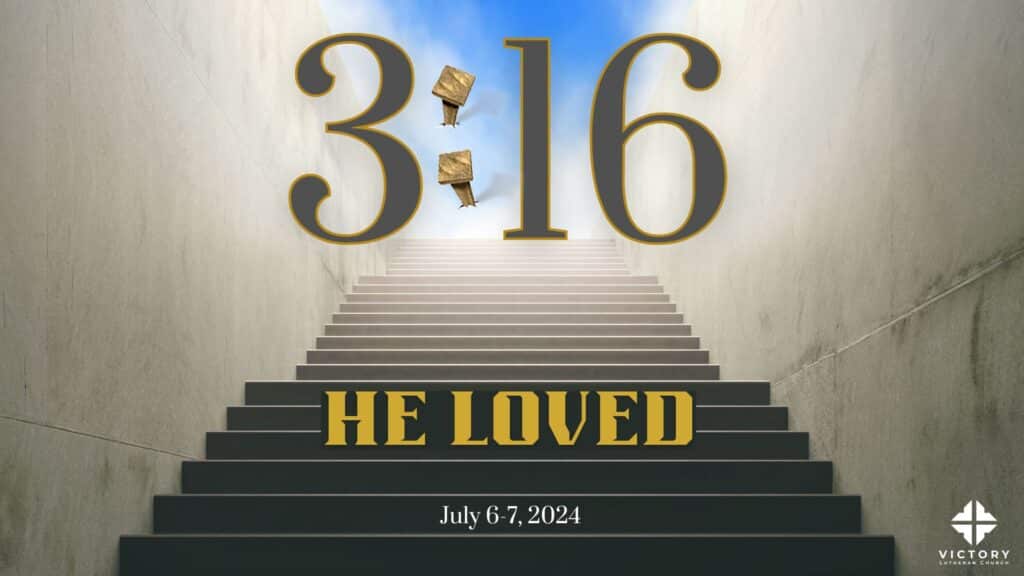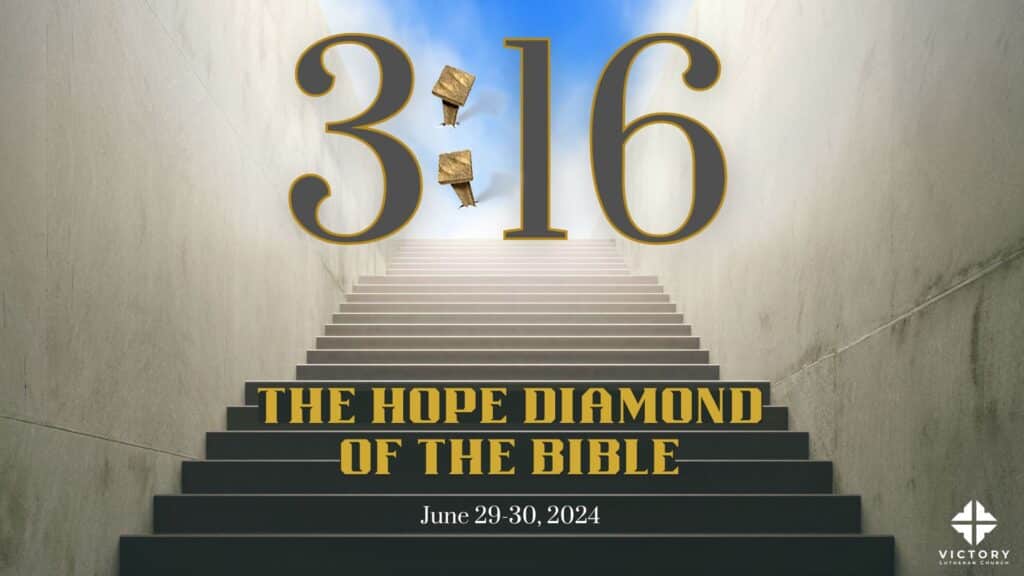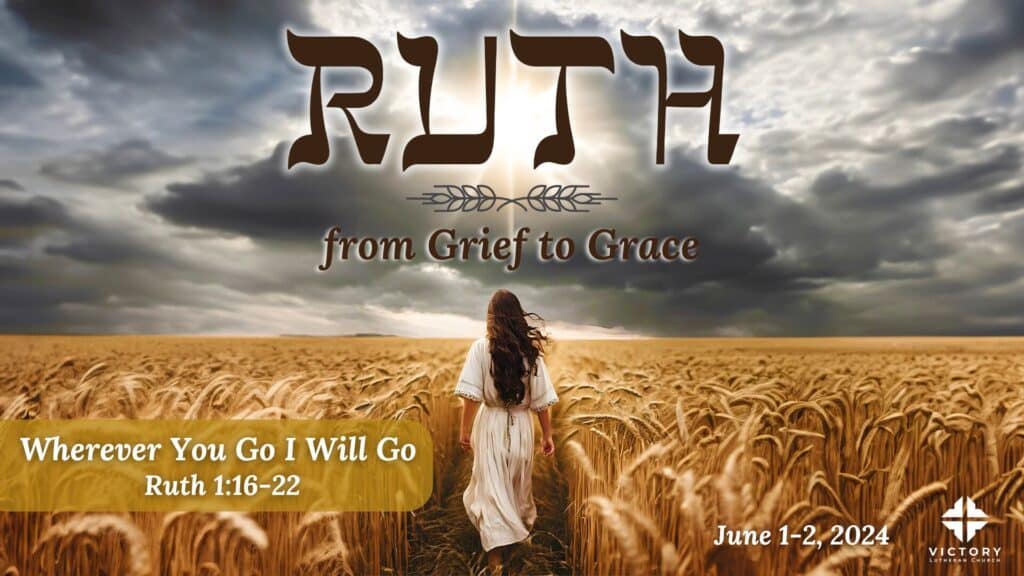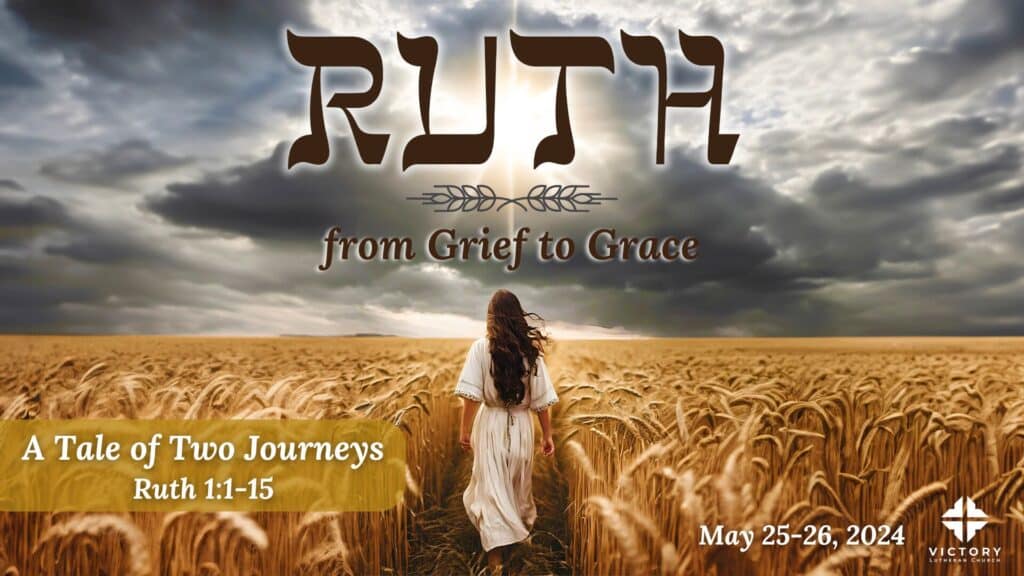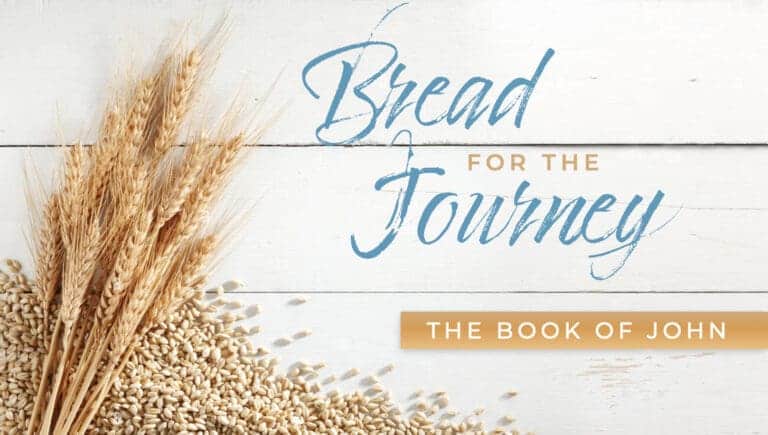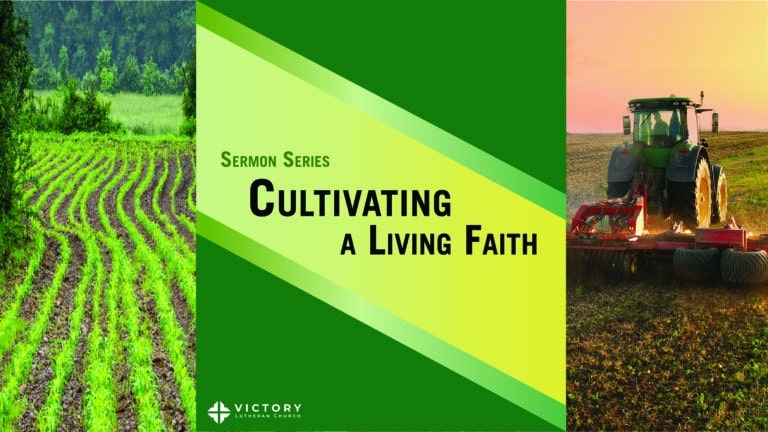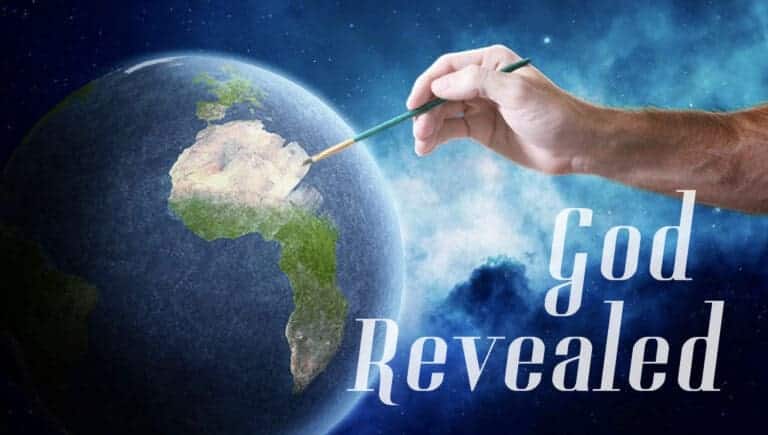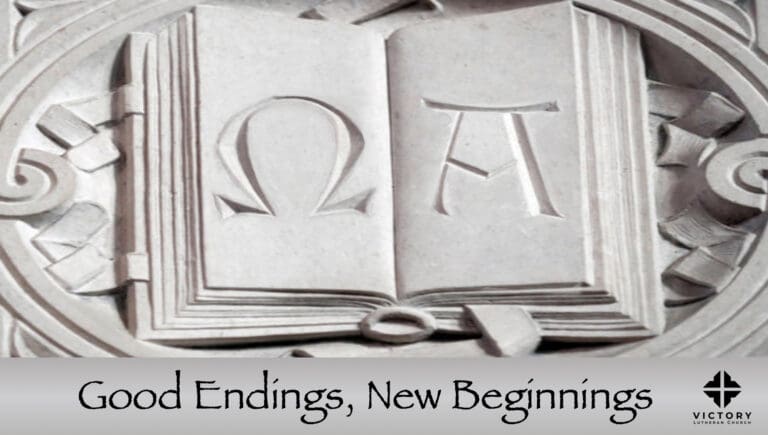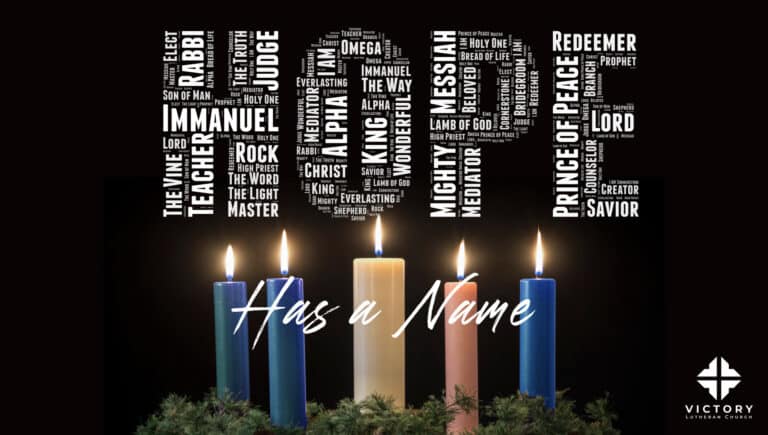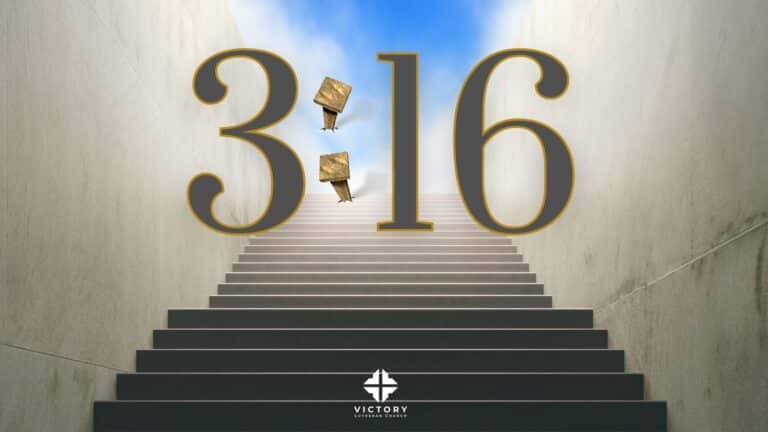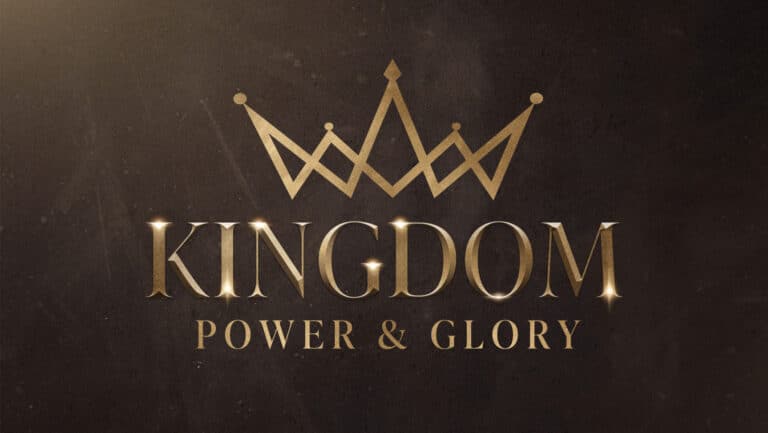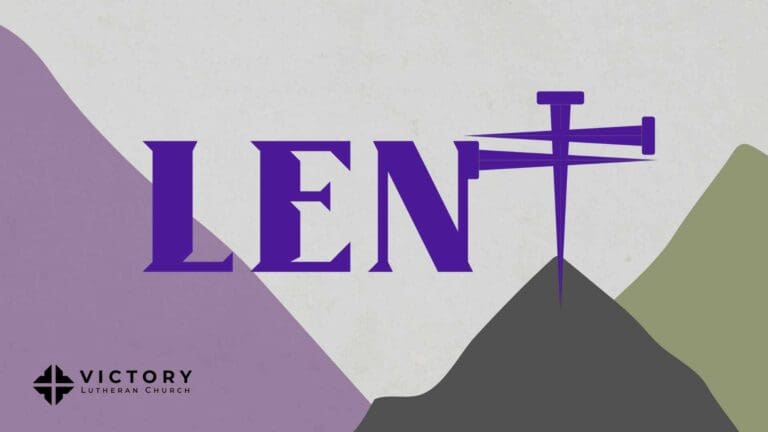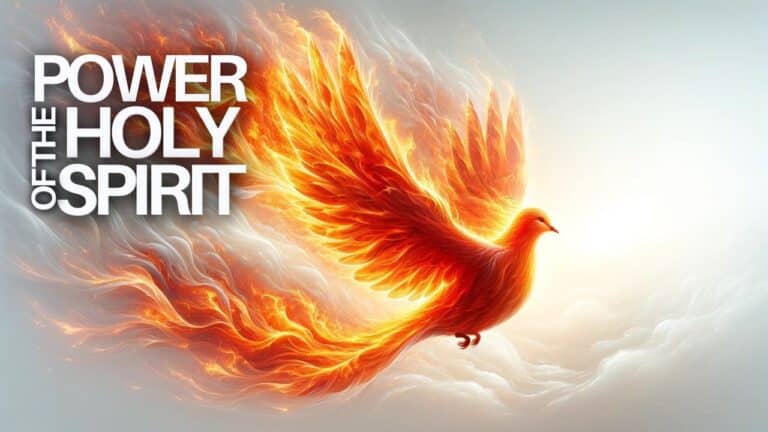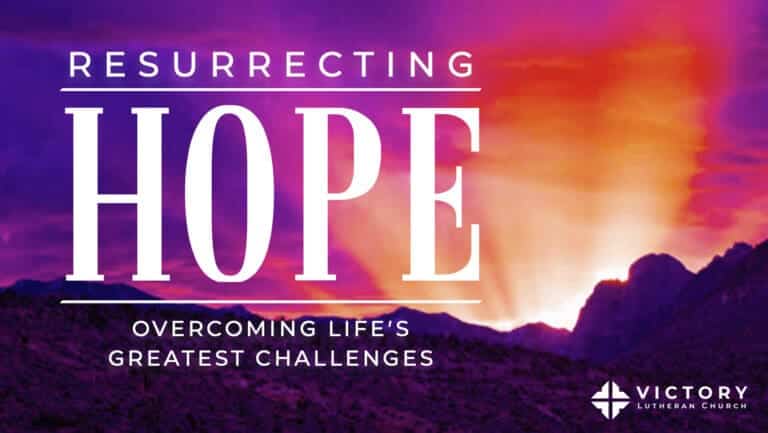Hope has a name. Hope has a name. That’s the name of our whole Advent sermon series and this message itself. And hope, if you think about it, implies that there’s a desire for something good or something better. And that things may not always be so right and good. And you’re hoping. that what feels like maybe a wasteland could become filled with wonder once again. Just south of the Victory Campus here are the, for me, the intriguing ruins of the Buckhorn Baths Motel. Have you guys looked at that? I’m like, I would love to have seen that in its heyday. It was, and enjoy the hot, Mineral Hot Springs, built in 1936, a gas station, grew to a resort, and had cottages and motel rooms for overnight stays. After the Saturday service, I had a number of people tell me, Oh, yeah, I’ve stayed there, enjoyed the amenities, and yet today, it sits in ruins. And from what I’ve read, the city of Mesa still doesn’t know what to do with the property, and developers haven’t figured it out either. Think of it. At one time, this was someone’s pride and joy.
Ted and his wife, who first built it. It was a hope. It was a dream. Then it was a reality, and many people enjoyed the resort amenities, but now it’s just an eyesore. With haunting echoes of what once was. For me, buildings like this are a reminder that there are times in our lives when once something was wonderful, promising, can turn into a wasteland. A marriage, a job, a new house, a family relationship, health. Some can turn from wonder to waste so fast in where there once were hopes. Those hopes now are dashed. The Old Testament prophet Jeremiah wrote about a time for God’s people in Judah where hope had run out. And so if you have your Bibles or devices, I invite you to turn to Jeremiah chapter 33. We’re going to be reading there in just a bit. The context of this is that Jerusalem was under siege by Nebuchadnezzar and the armies of Babylon, and God had told Jeremiah that Judah would lose the battle, that Jerusalem indeed would be captured and reduced to rubble, and that the people remaining alive, those who weren’t killed, Would be exiled far away, but the prophecy didn’t end there.
God himself promised to restore the people to their land, to their homes, and to himself. So I’m gonna be reading verses 10 through 16, and Jeremiah chapter 33, this is what the Lord says. You say about this place, it is a desolate waste without people or animals. Yet, in the towns of Judah and the streets of Jerusalem that are deserted, inhabited by neither people nor animals, there will be heard once more. The sounds of joy and gladness, the voices of bride and bridegroom, and the voices of those who bring thank offerings to the house of the Lord, saying, Give thanks to the Lord Almighty, for the Lord is good. His love endures forever. For I will restore the fortunes of the land as they were before, says the Lord. This is what the Lord Almighty says. In this place, desolate and without people or animals, in all its towns there will again be pastures for shepherds to rest their flocks. In the towns of the hill country, of the western foothills, and of the Negev, in the territory of Benjamin, and in the villages surrounding Jerusalem, and in the towns of Judah, flocks will again pass under the hand of the one who counts them, says the Lord.
The days are coming, declares the Lord. When I will fulfill the good promise I made to the people of Israel and Judah. In those days and at that time, I will make a righteous branch sprout from David’s line. And he will do what is just and right in the land. In those days, Judah will be saved and Jerusalem will live in safety. This is the name by which he will be called. The Lord, our righteous Savior. The word of the Lord, let’s pray. Father in heaven, you sent your Son. Lord Jesus, you came. You came as you left your kingly throne and became like your creation. So that you yourself would live a life we can’t seem to live, to keep the law perfectly, and then die an innocent death, suffering for our sake, that we might be set free, and then bursting forth from the tomb, to give us new life now, and everlasting life to come. This we believe. We believe you, so now by your Holy Spirit, help us to, uh, consider our own lives, what’s going on right now. In light of your word, which is truth, sanctify us by it. I ask in Jesus name. Amen. Dear friends, grace to you and peace from God our Father.
There are at least three prophecies in this 33rd chapter of Jeremiah, depending on how a theologian divides it up. We’re dealing with the second one, but all three have the same kind of percussive rhythm of judgment and restoration, destruction and redemption, death and life. As we call it here, law and gospel. Problem and promise. That’s how I want to kind of unpack this text today. Problem. So what’s the problem? Well, the evidence, the result of it, Jeremiah describes Jerusalem and Judah as a place desolate and without people or animals. And we don’t have to work hard to imagine what Israel looking devastated and desolate looks like. Just watch the evening news. That’s not where God would leave his people then.
For Jeremiah and the people of Judah, the reality, King Nebuchadnezzar, the king of Babylon, was laying siege to Jerusalem. And Jeremiah was prophesying to the king that Jerusalem would fall. That the king would be exiled along with all the survivors of the battle. And so Jeremiah became persona non grata in the king’s court. And was actually being held under arrest. In the palace courtyard, when God gave him this prophecy to deliver, not good news for the king. Probably not going to be received very well. But, Jeremiah, being the faithful prophet that he was, gave the prophecy. And he himself even suffered under the punishment that God had prophesied was coming. And yet, we are blessed because of this prophecy today. For you see, we also, as God’s people, have a problem. We just confessed it. earlier today. We have a problem with sin. Missing the mark of unbelief, of turning away from God. In our lives, our hearts, at moments. And then God calling us back to himself, though, in a renewed relationship. And often God does this by bringing discipline and even judgment. He did it to his people back then in a devastating manner. Defeat, death, and exile at the hands of the Babylonians. If you read it, Bookends of chapter 34, it’s graphically brutal. The kind of judgment God brought. Because the people of Judah, his people had sinned. And so the result of this problem of sin was evident to God’s people back then. In verse 10, you say about this place, It’s a desolate waste without people or animals. In verse 12, in this place, desolate and without people or animals. I mean, the problem is very clear. But God doesn’t leave it there. What comes after each picture of destruction is promise.
In fact, THE promise. The promise of restoration we see in verses 10 and 11. Where the prophecy quickly moves from waste to wonder. From devastation to a scene of joy and celebration. Jeremiah conveys a message of restoration and renewal, a promise from God to his people that despite the challenges and destruction they may face, God assures them that joy, gladness. And as Jeremiah writes, the voice of mirth will once again fill the streets. I mean, what better picture to describe the voices of joy with that of a bride and bridegroom. This promise is not just about rebuilding the physical city, but it signifies the restoration of people’s hearts. And the renewal of their relationship with God. But Jeremiah, actually, his prophecy becomes even more specific about the means by which this restoration would occur. And that is through the coming Messiah. Verses 14 to 16, Jeremiah, under inspiration of the Holy Spirit, looks forward to a time. When a Righteous Branch, capital B, would sprout from the lineage of David, that’s King David, and that this branch is none other than the Promised Messiah, the Anointed One, or as Jeremiah calls him, the Lord, our Righteous Savior.
This imagery of a Righteous Branch, it signifies not only royal lineage, but also the moral perfection of the Messiah. And that through his arrival, through his life, Death and resurrection. Justice and righteousness would prevail in the land. Justice. The Messiah who would keep the law perfectly would then suffer and die innocently to pay the price for all, for all sin. And then, We see God’s justice is taken out. Our own sin, which deserves death. God fully took out upon his own son. Jesus himself went willingly to the cross for you and for me. What wondrous love is this? Well, it’s justice. Payment has been made for every sin that you’ve committed and that others have committed against you. Our righteous Savior brings justice. And righteousness. And it’s not a righteousness where we try to work up our own religious practices to try to please God. We can’t. But rather, it’s God’s righteousness in His Messiah, in His Son Jesus, who then, through faith, grants us His righteousness as our own. So when justice and righteousness prevails in the land, you need to look at it through the rubric of Jesus, who he is and what he’s done.
Because this problem is handled by this promise of hope. And hope is specific, it’s a person, hope has a name, and it’s Jesus Christ. This branch from David’s line, this Lord, our righteous Savior, none other than who we anticipate to come, the Christ child, who then grows, who is our Savior and Messiah. In Christ Jesus, our problem with sin is handled. In Christ Jesus, our relationship to God is restored. And so there’s this promise of restoration. And today, Jesus comes to us as the ultimate agent of restoration through his life, death, and resurrection. He can bring healing to our brokenness and reconciliation to God from our own estranged hearts. Where the promise of joy and gladness is fulfilled in your life because of Jesus Christ. Jesus is the promised Messiah. For us, this prophecy finds its fulfillment in Christ Jesus. He is the righteous branch born of the house of David. And in Jesus we find not just a distant hope, but a living reality that transforms our lives today. This is nothing less than God’s promise fulfilled, the eternal covenant, where Jeremiah goes on to emphasize the eternal nature of God’s covenant with David and the Levites. This covenant is unwavering and its fulfillment is certain. God’s faithfulness endures forever. And the arrival of the Messiah. Is the ultimate expression of God’s faithfulness to us.
Jesus is the fulfillment of God’s promises across the ages and throughout the pages of scripture. And through him, we enter into a new covenant. A new covenant of his blood, which we’ll remember here shortly. A new covenant that transcends time and secures our eternal relationship with God. For you see, the hope we have in Jesus, it’s not some distant dream. It’s a tangible reality. Right now, for you, the Messiah has come, bringing restoration, righteousness, and the assurance of God’s promises. He’s eternal covenant with you. And in Jesus, we find safety and security, as his presence is always with us. But, in order to turn our wasteland into a wonderland, our righteous Savior himself paid a steep price. As his life was laid to waste, so that ours might be redeemed. Think on this. Jesus was pummeled for us. Here’s how Isaiah puts it. But He was pierced for our transgressions. He was crushed for our iniquities. The punishment that brought us peace was on Him. And by His wounds, we are healed. Judah, Jerusalem, had been laid waste in punishment and discipline under God’s hand, yet God did not desert His people then.
God Himself would pay the price to make restoration possible. And we today, we can even experience God’s hand of discipline in our own lives, and it’s not easy. But God uses these hard experiences to turn our hearts back toward Him. As the scriptures say in Romans 8, And we know that in all things God works for the good of those who love him, who’ve been called according to his purpose. It doesn’t say that all things that happen are good, but that in all things God works for the good of those who love him. But it takes eyes of faith to see it, doesn’t it? Hardship. It’s hard to have hope when life feels devastated. And so it is with eyes of faith that we look to God for restoration to be revealed in our lives. Faith, because we don’t always see the good that God intends in real time. This is biblical faith, Hebrews 11 1. Faith is the confidence of what we hope for and the assurance about what we do not see. So, my dear friend, if today you are experiencing a wasteland in your life, and so many carry burdens even this very moment, may this prophecy of hope reshape your life and inspire you to live in the light of God’s fulfilled promise in Jesus, your Messiah. And may we all embrace Christ with open hearts this Advent season, for in Him, in Jesus, we find the source of hope, of restoration, of true joy, righteousness, and eternal life. Join me in prayer.
Gracious Lord, we humbly thank you for the promises of restoration and renewal that we look at in Jeremiah. And in our own brokenness, we seek your mercy and may hope embrace us that it’s found in Jesus, our promised Messiah. Strengthen our faith, Lord, as we navigate challenging times and let the sounds of joy and gladness resonate in our lives and hearts through the eternal covenant fulfilled in Jesus Christ, in whose name we pray, Amen.

